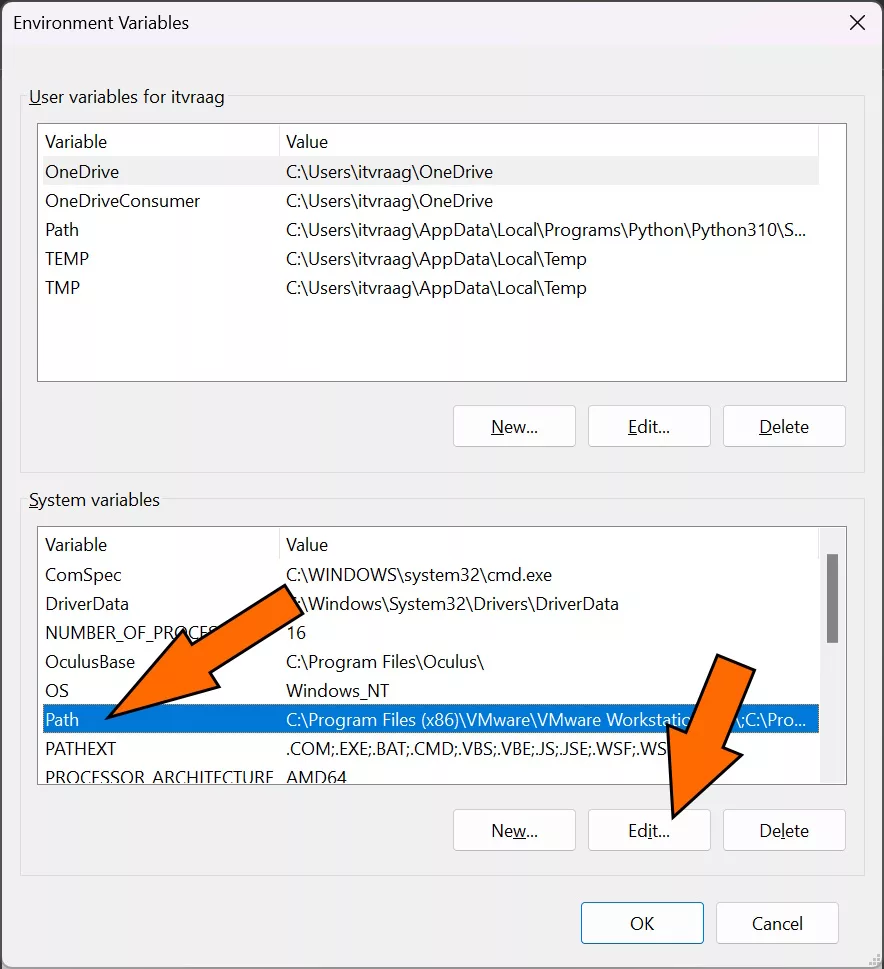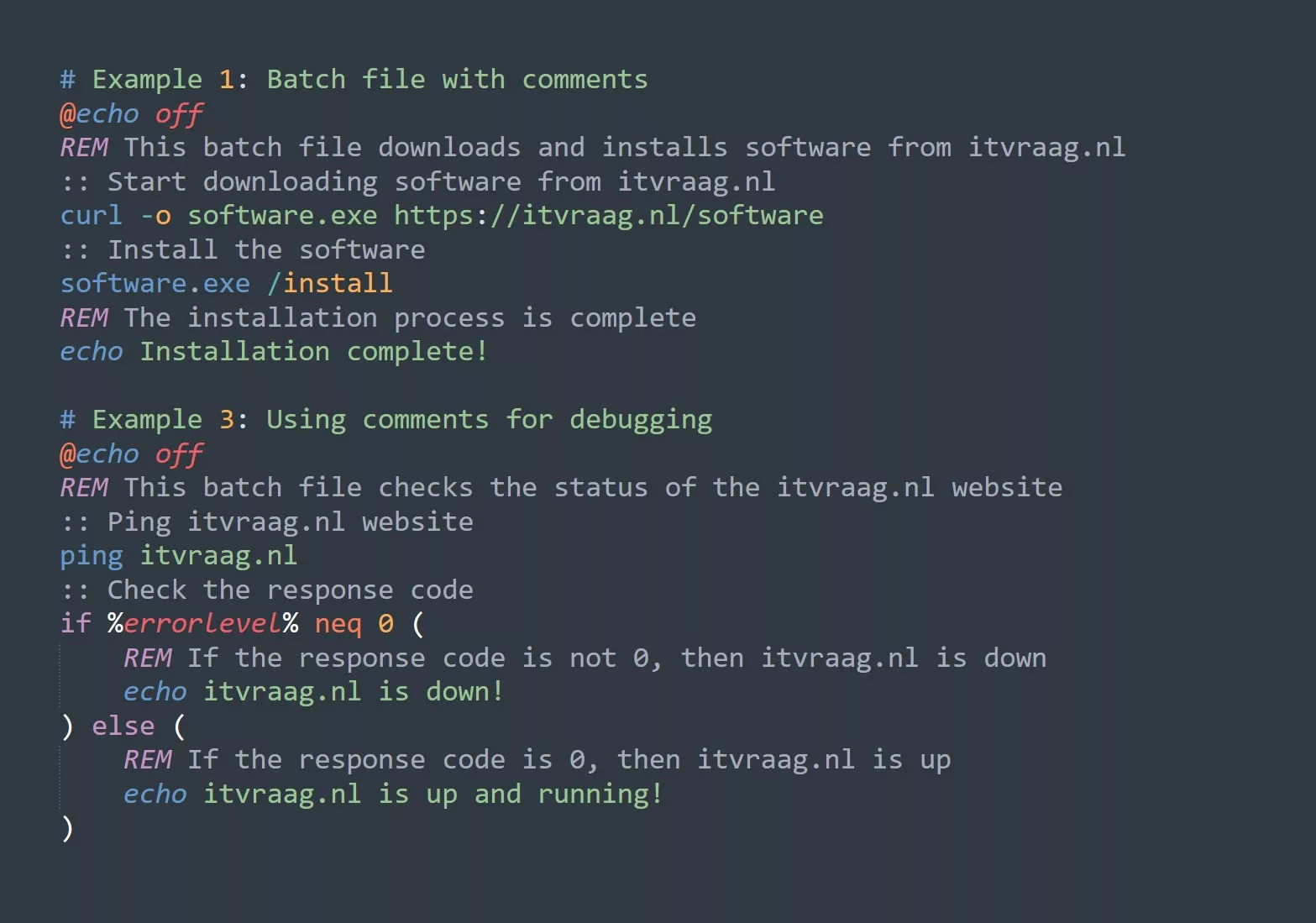Standard Output Redirection (“>”)
- This section deals with redirecting the standard output of a command to a file or another command.
- For example, the command
ls -l > file.txtwill save the output of thels -lcommand to a file named “file.txt”
Standard Error Redirection (“>&”)
- This section covers redirecting the standard error of a command to a file or another command.
- For example, the command
cat file.txt >& error.txtwill save any error messages that occur when trying to read “file.txt” to a file named “error.txt”
Appending Output ( “>>”)
- This section covers appending the standard output of a command to an existing file rather than overwriting it.
- For example, the command
echo "new text" >> file.txtwill add the string “new text” to the end of the file “file.txt”
Piping Output ( “|”)
- This section covers sending the output of one command as the input to another command.
- For example, the command
ls -l | grep "file"will search for the string “file” in the output of thels -lcommand.
Input Redirection (“<“)
- This section covers redirecting input for a command from a file.
- For example, the command
sort< input.txtwill sort the contents of “input.txt”
/dev/null Redirection
- This section covers discarding the output of a command by redirecting it to the special file “/dev/null”
- For example, the command
command > /dev/nullwill run the command but discard its output
Here Document
- This section covers redirecting input from a string or a text block.
- For example, the command
command << EOFwill run the command with input from the text block that follows, up to the markerEOF
Here String
- This section covers redirecting input from a single string.
- For example, the command
command <<< "string"will run the command with input from the string “string”
Fd redirection
- This section covers redirecting input and output for a command using file descriptor numbers.
- For example, the command
command 2>&1will redirect the standard error to standard output.



